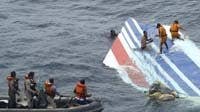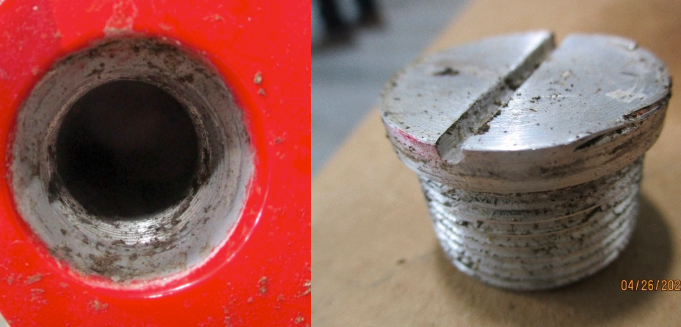European Union To Require Improved Flight, Data Tracking
Flight data and cockpit recorders on European airliners will have enhanced capabilities under new rules announced this week by the European Commission. Starting in 2018, locator beacons must be able to operate for 90 days instead of 30 and carriers must conduct over-ocean tracking of their jets, according to a Bloomberg report.

Flight data and cockpit recorders on European airliners will have enhanced capabilities under new rules announced this week by the European Commission. Starting in 2018, locator beacons must be able to operate for 90 days instead of 30 and carriers must conduct over-ocean tracking of their jets, according to a Bloomberg report. In addition, cockpit voice recorders must be able to operate for 25 hours by 2021, greatly increasing the two-hour window captured in current recorders. The Wall Street Journal noted that specific tracking equipment wasn't part of the rule, leaving it up to airlines to decide how to comply. The International Civil Aviation Organization has been discussing ways to enhance aircraft tracking and also plans to implement rules in 2018, although stakeholders worldwide haven't agreed on the particulars, including what equipment to require, according to a previous Journal report.
The EC, the executive branch of the 28-member European Union, believes nonetheless that it's time to put something into practice. "The new rules will improve the tracking of European aircraft and the location of aircraft in distress anywhere in the world," the commission said Wednesday. "In case of an accident over water, they will also allow for a quick localization of the wreckage and a swift recovery of the data contained in the flight recorders." The measures come a few years after the months-long search for Air France Flight 447, which crashed in the Atlantic Ocean in 2009. Meanwhile, the search continues in the southern Indian Ocean for the Malaysia Airlines jet that disappeared in March 2014 with 239 people on board.






